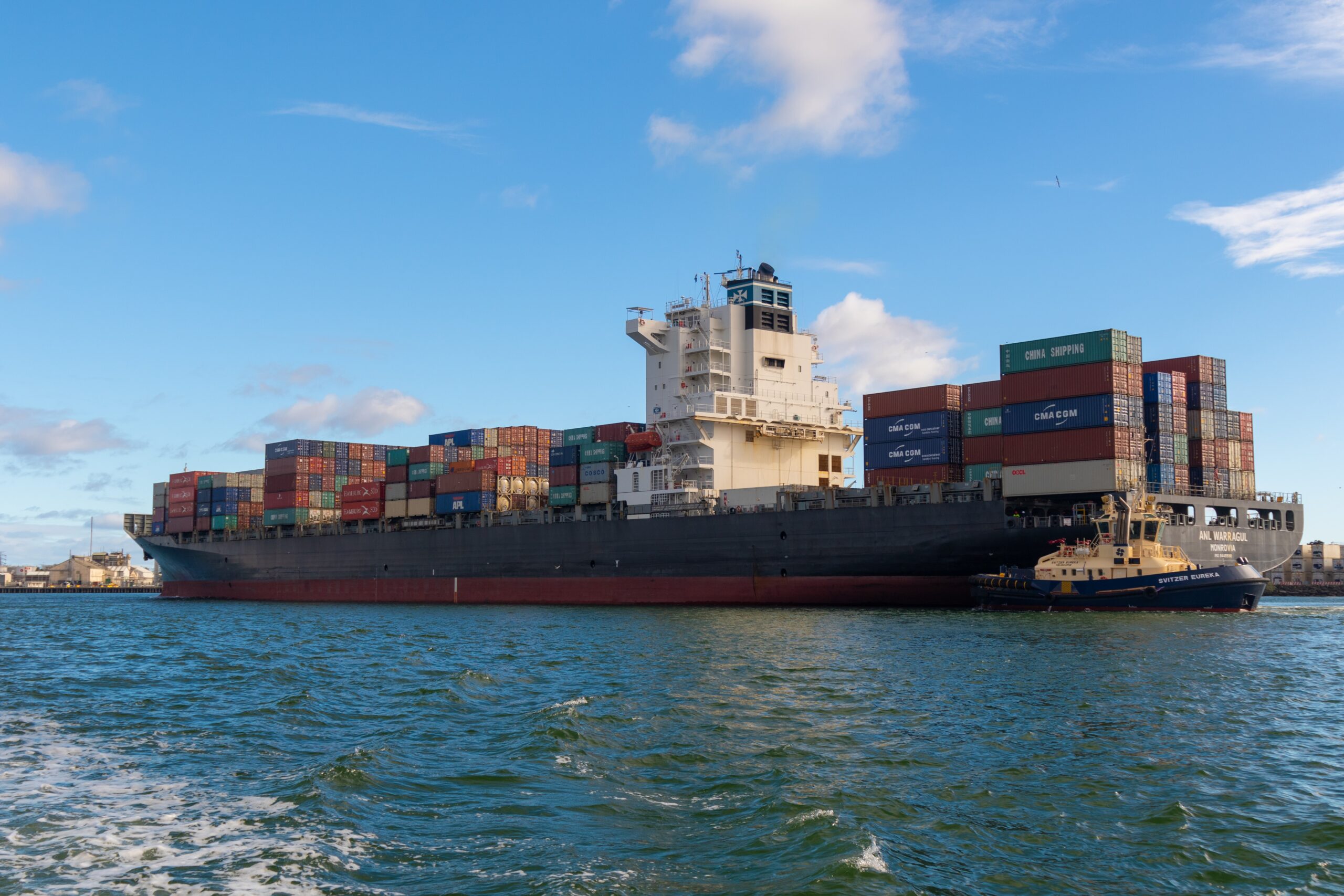The Rise
Before was the feudal economic system where local lords reigned. After was the free-trade economic system. In between, there was a time which came to be defined by an economic system called mercantilism. Mercantilism remained dominant in Europe from the 16th to the 18th century. The system relied on state intervention to protect the interests of merchants and heavily leaned on the country’s colonies to increase their national wealth. Individuals in their day to day were more concerned about finishing that day’s work in order to move on to the next to repeat the day. Dominant belief held by most was wealth was finite and the more wealth a nation held, the more power it had.
The Growth in Popularity
In short, mercantilism made a name for itself by ensuring the country was strengthened through exports rather than imports. Countries relied on their colonies to ensure this. Less a theory and more of an economic system, mercantilism was a way for the state and major companies such as the East India Company and the French East India Company to both increase their profits while increasing the power the state held over other nations. The merchants enjoyed the practice because their government behaved in their interests. And it was favored by the state due to the increase of wealth it provided the nation. At the time, benefits of mercantilism included the colonies providing the conquering country raw materials which decreased their imports since they no longer had to obtain the materials from another nation. Along with taxes against the colonies regarding trade which prevented the colonies from trading with other countries. Specifically, it was the Navigation Act of 1651 in England which tightened control on the goods produced by the colonies such as cotton, sugar, fur, and tobacco to name a few.
Slavery, Colonies, and the Mother Country
Countries which practiced economic mercantilism heavily relied on slavery through the colonies they controlled to produce the goods they were unwilling to purchase from other nations. This was done through the Transatlantic Slave Trade. Goods were made by African individuals forcibly taken from their motherland and inhumanely transported to various colonies. If they were able to survive the journey on the slave ship where they were packed like sardines, heavily brutalized, and forced to live in unsanitary conditions for months, then they produced heavily valued goods when they reached their destination. Which were then transported to the colony-controlling country called the Mother Country. As soon as the goods sent by the colonies were received, the Mother Country would tax the goods and then turn around and re-sell the received goods at a significantly higher price to others. Individuals who were seen more as animals than human beings were worked to death for countries with laser focus on increasing their own wealth, prestige, and power through any means possible. Inhumane brutalization meant nothing if an extra cent could be earned.
The Decline
Issues had been rumbling, but arose to a higher degree when England continued to try and exercise greater control of its British colonies through an increase in taxes and a tightening of supervision over trade regulations which the colonies viewed as unjustifiable after a long period of salutary neglect. This led to the American Revolution in 1775 where the colonies sought to gain independence from England with support from other countries such as France. The revolution marked a downward shift in mercantilism and to a rise in the free trade era. Free trade had support from Adam Smith who originally wrote The Wealth of Nations when mercantilism was still widely practiced. Smith viewed mercantilism as unfavorable to both parties which engaged in trade. Instead of working together to come to a trade compromise which the nations viewed as beneficial, mercantilism encouraged each nation to focus solely on their own country without considering the global economy in its entirety. His book marked a radical shift in the way economics was viewed. Mercantilism had run its course and a new wave of economic thought was on the rise.

